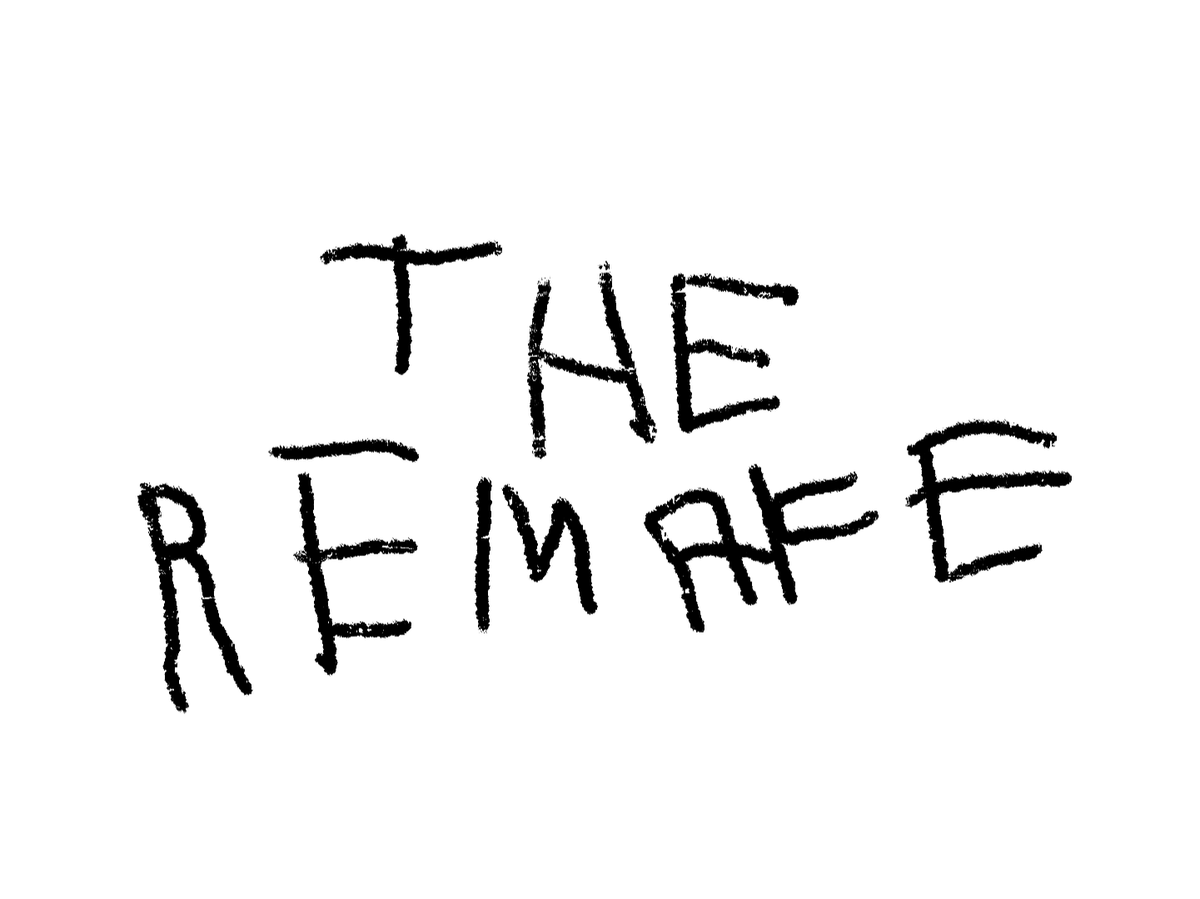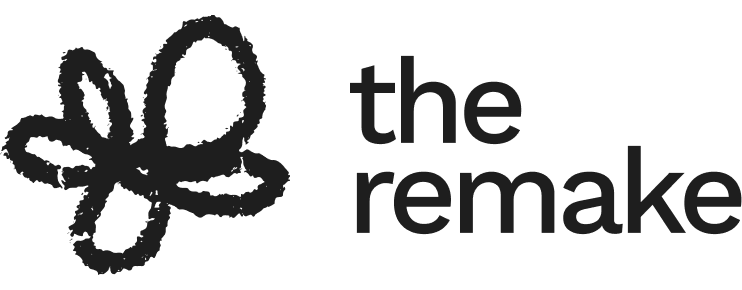Welcome to The Remake: Playful learning in this era of rapid climate change

Childhood is an opportunity to learn how to adapt to the challenges of an ever changing world. It follows that a central purpose of education is to prepare children to create, collaborate, and be adaptive– to learn that the world is something that people make, and can be made differently. As we grapple with the crises associated with climate change it is imperative that we and our children adapt and begin to remake the world.
The Remake is a newsletter for educators, parents, and anyone interested in engaging with the entangled crises happening in the age of rapid climate change. In it we explore pedagogy through practice, taking inspiration from playful learning, a pedagogical approach which emphasizes exploration, iteration, and collaboration—characteristics which are essential for young people to envision and build a more adaptive, sustainable, and just world.
We, Amos Blanton and Ben Mardell, will write the initial posts. These posts will be based on our experiences designing and facilitating playful learning experiences. Written by practitioners, they are for fellow practitioners. Amos’s posts will be inspired by his work in libraries, museums, and festivals in Denmark and across Europe where he engages young people in exploring energy through Playing with the Sun activities. Ben’s lab is Newtowne School in Cambridge, Massachusetts (USA), a Reggio inspired parent cooperative with 55 children aged 2 through 5, where he is the studio teacher.
Despite working in different geographies and with different age groups, we share common beliefs about learning that are informed by our work with the Lifelong Kindergarten Group at MIT Media Lab, the educators and children of Reggio Emilia, and Project Zero at the Harvard Graduate School of Education. We are influenced by the writings of Vivian Paley, Ursula K. LeGuin, Alison Gopnik, Brian Eno, and David Graeber among others.
Young people have the right to remake the world, and in this era of rapid climate change, that right is an imperative. Yet too often education serves to reify structures and pass along the status quo to the next generation. Over the next months and years we will post essays on our efforts to create educational experiences that foster children and young people’s abilities to create, collaborate, and adapt.
